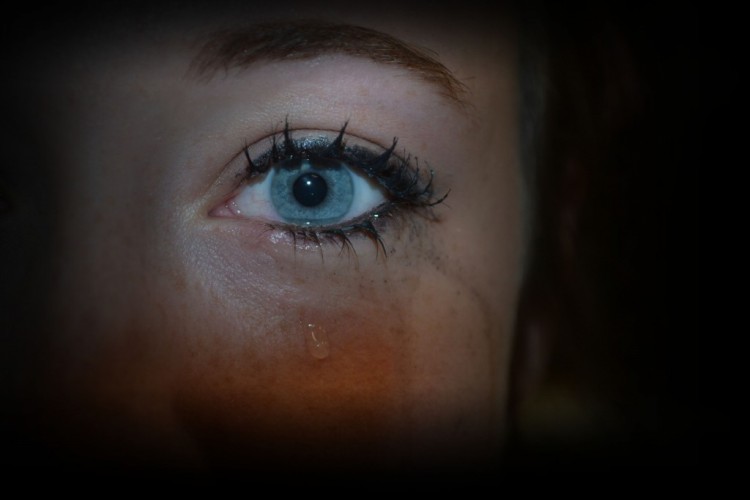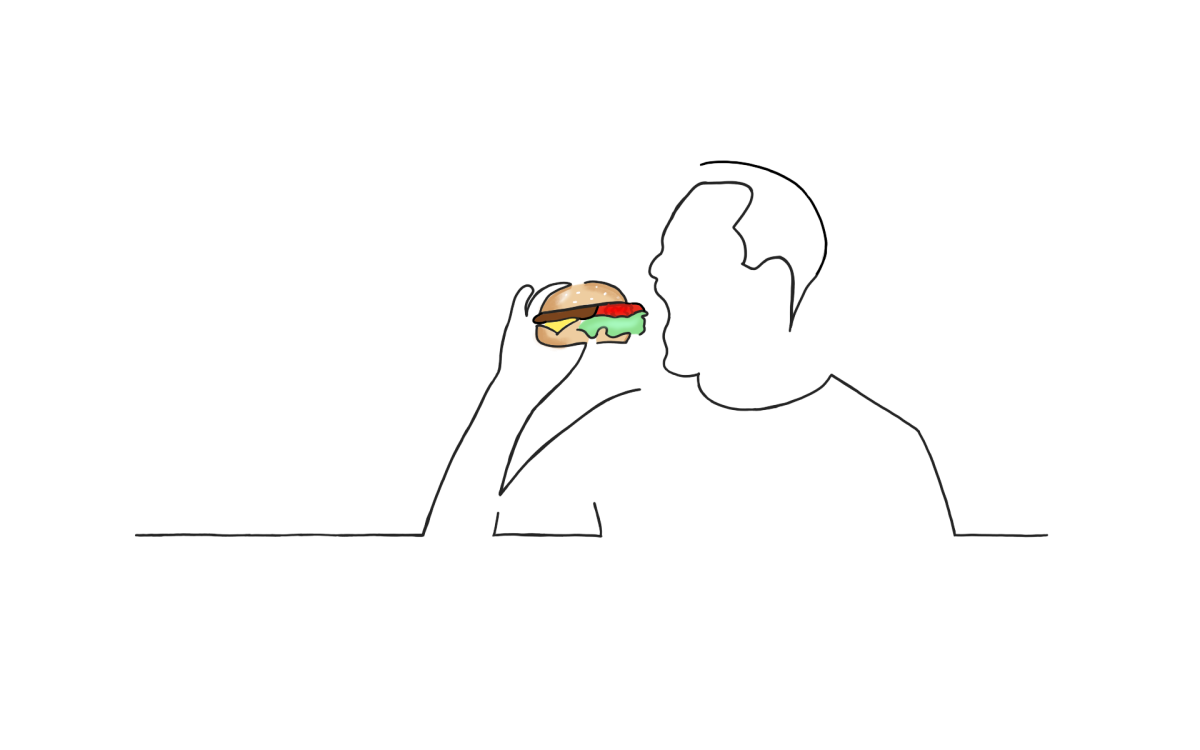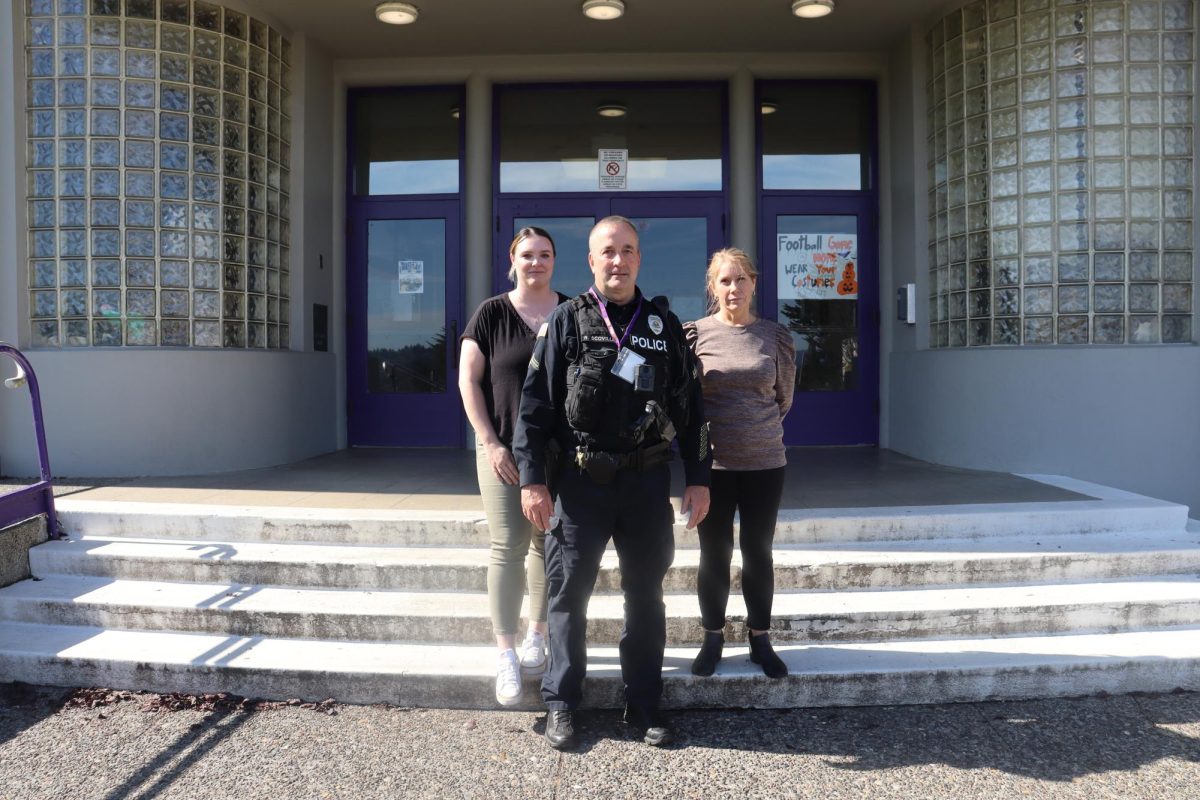
The third major cause of death for people ages 10 through 24, according to the Centers for Disease Control and Prevention, is suicide. Nurse Heidi Banks said though it may not be a leading problem exclusive to Marshfield, teenagers finding themselves with depression and/or experiencing suicidal thoughts is a nationwide problem.
“I think that’s a common problem at all the schools across the country,” Banks said.
According to a survey conducted by The Marshfield Times, 38 percent of students are currently suffering from depression, 63 percent have known somebody who has considered suicide and 40 percent have been affected by someone who has committed suicide. Junior Jake Drops, who has suffered from depression off and on for several years, said suicide is a growing issue.
“I think there’s always gonna be a certain number of people who commit suicide, but I think it’s becoming more common,” Drops said.
Robin Reudic, Marshfield’s school psychologist, said she has had multiple students come in to discuss depression or sad feelings in general.
“I’m new to here so I haven’t had a lot of students come to talk to me here, but other places I’ve worked, yes,” Reudic said.
Drops, who has never sought help for his depression, said the mental disorder is complex.
“It’s complicated. Depression is not really a thing that you can just like describe,” Drops said.
“There were times where it was pretty bad.”
Drops also said depression can become worse depending on how a person views it.
“Your mind is your own worst enemy,” Drops said. “The more you think, the worse it gets.”
According to Banks, a student may talk to any teacher or counselor about various hardships in their daily lives that may be causing depression or suicidal thoughts. She said after a student opens up about a major problem, there is a system they follow to ensure said student receives the help they need.
“If somebody does come in and talks about suicide, we have a referral system in place,” Banks said. “We make sure that when they leave our office, they’ve got something lined up.”
Reudic said she is always available for all students who need someone to listen.
“Within the school setting, I’m always available to talk to students on an ongoing basis,” Reudic said.
Reudic said the initial course of action she would take is to get the student’s approval for her to contact their parent(s) or guardian(s).
“First of all, I would get their permission to contact their parent,” Reudic said. “If I feel it’s serious enough, I would refer them to the mental health [center] in Coos Bay.”
Banks said the Coos County Mental Health Program takes walk-in patients and no referral is needed.
“I think there’s a lot of kids who just don’t know who to go to,” Banks said. “Maybe they’re afraid if they tell an adult they’ll get in trouble.”
Drops said some people feel they do not need help or they do not want to confess to having a problem.
“It’s your own decision whether you want to tell people or not. A lot of people just go through stages where they don’t really want help,” Drops said. “In a way, it kind of feels like you don’t wanna get help because then you’re admitting that you’re depressed.”
According to Reudic, differing incidents in one’s daily life can lead to depression.
“Depression may be experienced as students experience many challenging experiences or events in life,” Reudic said.
Overcoming depression may take weeks, months and even years. Banks said it can be controlled with treatments such as therapy and/or medication, but that it is not easy to defeat the disorder.
“Depression is a long term diagnosis so it takes a lot of therapy and a lot of work,” Banks said. “When people go to seek help… It takes time [to work on that diagnosis].”
She also said when people with depression feel like they have no options left, they turn to suicide for what could have been a fixable problem.
“It’s a long term solution to a short term problem,” Banks said.
According to Drops, suicide affects everybody.
“Suicides change people. It changes not only just the direct people affected by it, but people who just hear about it,” Drops said. “It’s more of a like ‘that could be me’ situation.”
The best way to help people who are experiencing depression and/or suicidal thoughts, according to Reudic, is to get them the guidance and assistance required for them to conquer those problems.
“I’ve had experience with students who have felt suicidal,” Reudic said. “However, the best thing to do is refer them to mental health and counseling so they are able to obtain the support and counseling that may be needed.”
Drops has known over 10 people who have committed suicide.
“I have known several people, and it’s sad to think they got to that point of where they didn’t wanna even exist anymore,” Drops said. “It directly affected me in not so many ways as it just kind of gave me ideas of like why would anyone want to even do that, that they were so depressed… that they were just done with life.”
He also said some people see suicide as the only option left.
“I don’t think anyone in their right mind would do it. That doesn’t sound good but those thoughts get way out of line,” Drops said. “The more you start thinking about things, the more it becomes a possibility of ‘Hey, I could do this and everything could just stop, and I could stop my thoughts, basically.’”
Drops said people who suffer from depression go through phases.
“It goes through stages, like phases. Events trigger depression…It’s like dormant, it just lays in you until something triggers it,” Drops said. “Imagine swimming up river and everyone else is on the side of the river, and they’re telling you to just get out, but you can’t get out, and you just have to keep swimming up river, and you get up a little bit and you get pulled back a little bit, and pulled up and pulled back, and that’s about what it feels like.”
Banks said if everybody had a friend they felt like they could talk to, then the rates of suicide and related feelings would decline. She also said when someone is feeling suicidal or depressed, they can call the Coos County Crisis Line, which is available 24/7. The line’s number is (541)-751-2550.






















